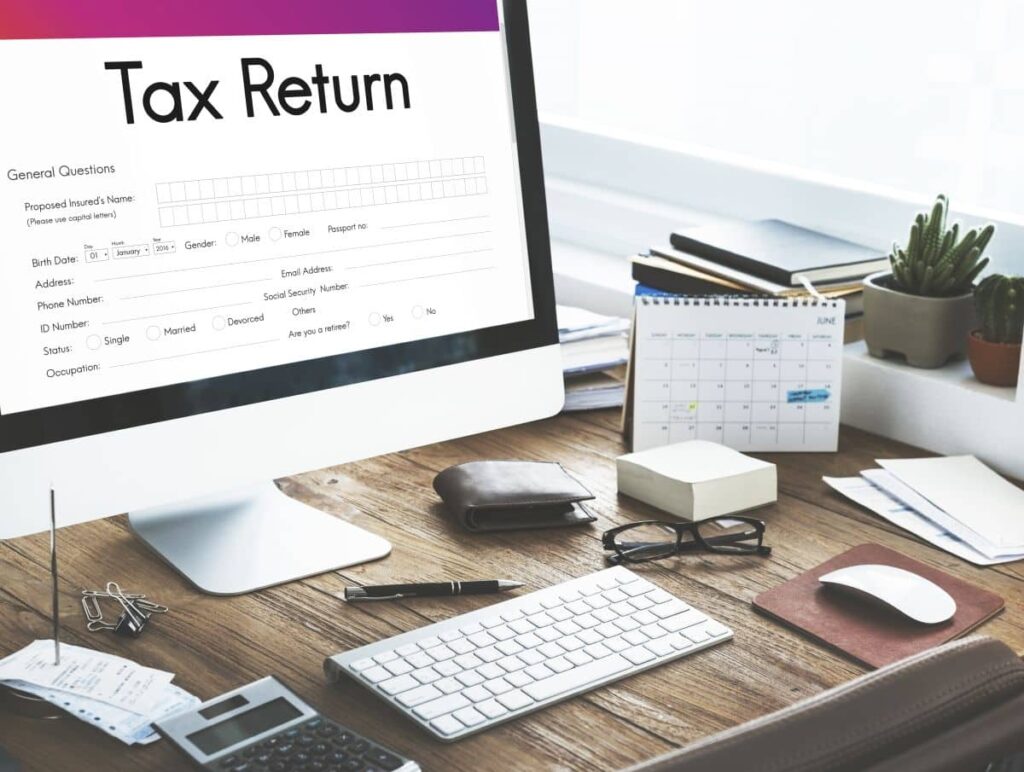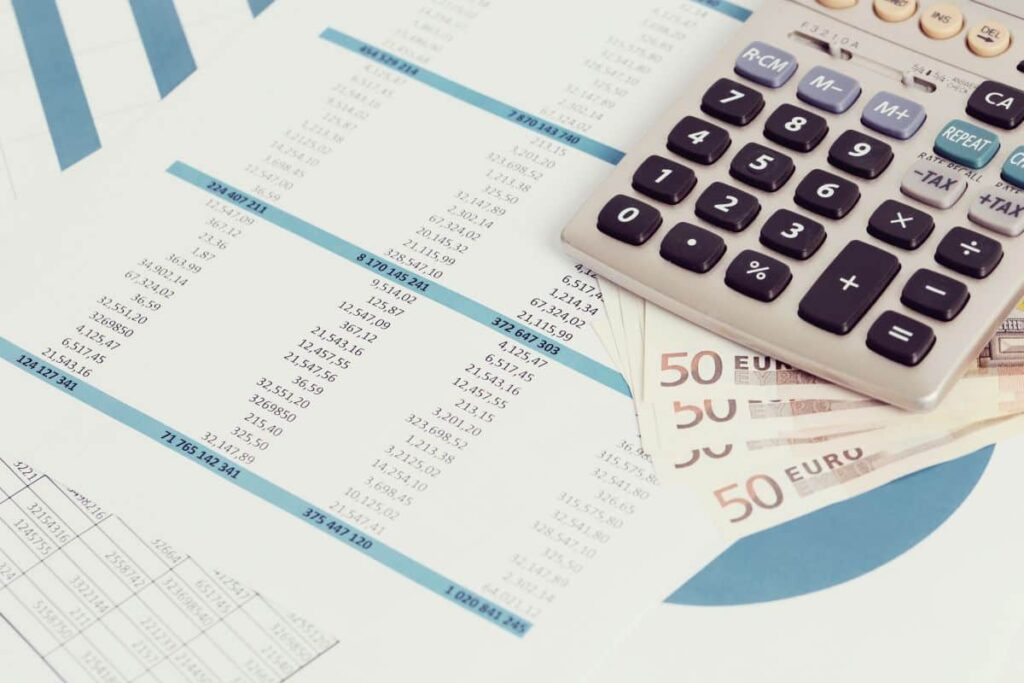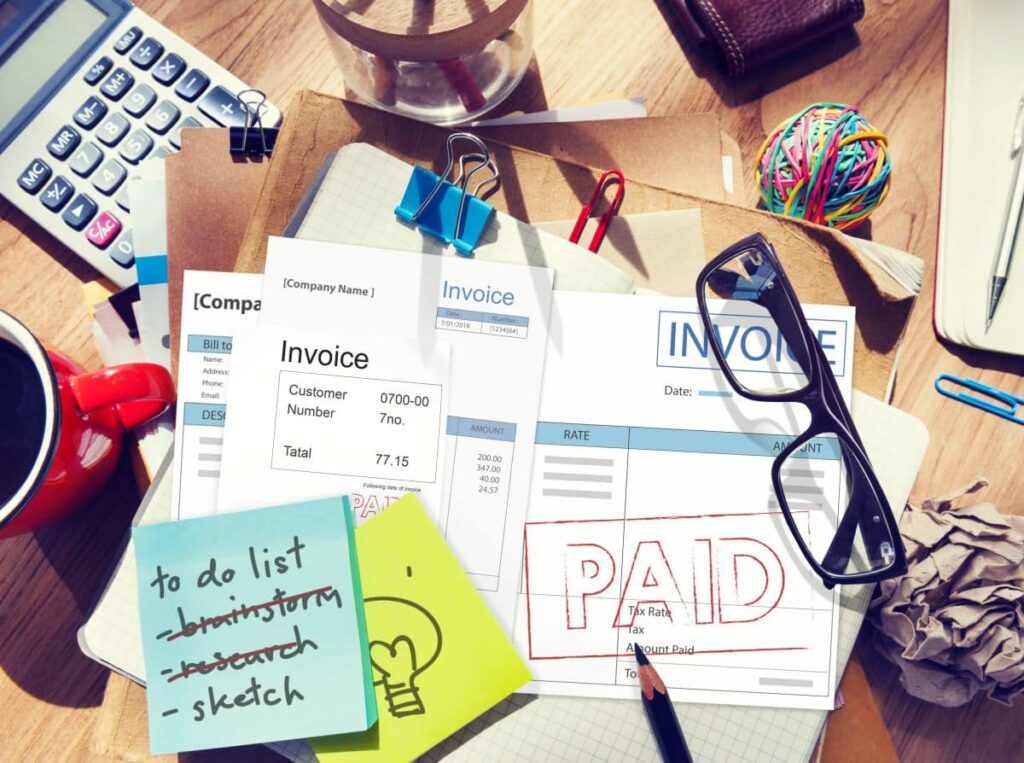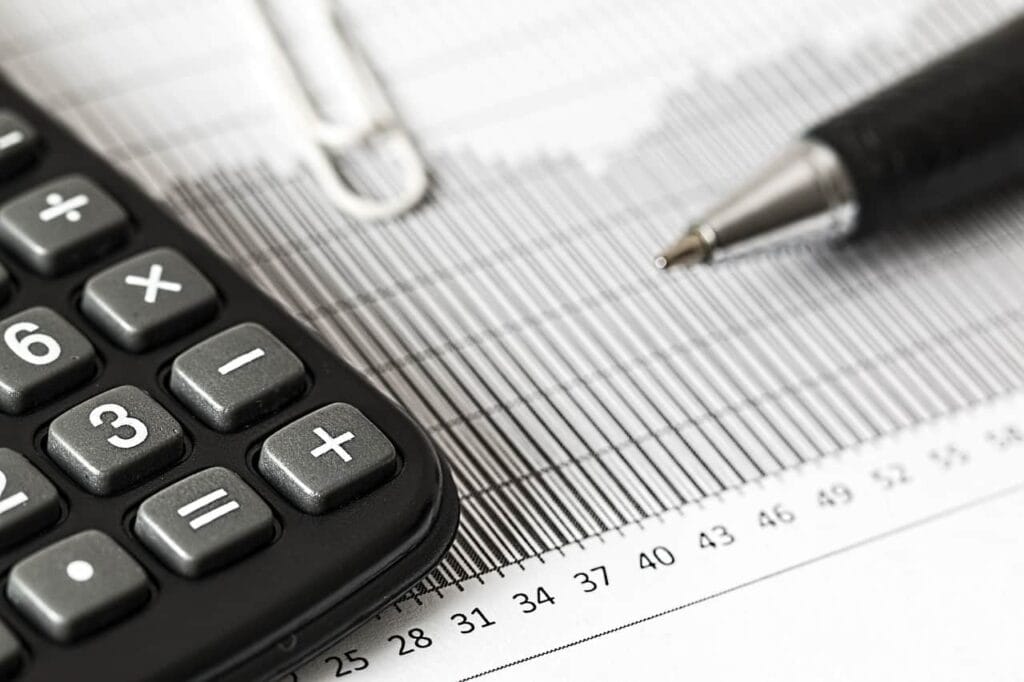Do you want to maximise your profits and minimise the amount of tax you need to pay on your small business? It's no secret that taxes can eat into your profit margins, potentially leaving you with less money than expected.
That's why tax minimisation strategies are so important for small businesses – not only do they help keep more wealth in the company coffers, but they can also reduce the stress of a hefty tax bill come PAYG payment day!
In this blog post, we will explore some recommended tactics for tactical tax planning success via various tried and tested strategies that have been proven to work overtime – read on to find out how to set yourself up for taxation success!
Let's get started!
Small Business Entity Depreciation Rules
A Small Business Entity (SBE) is generally understood to refer to any entity actively engaged in commercial activity with an annual aggregated turnover of less than $10 million.
Suppose you're an SBE and follow the streamlined depreciation guidelines. In that case, you're then required to deduct the closing balance of your small company general pool for any income year that comes to a close between the dates of October 6, 2020, and June 30, 2023.
The regulations that precluded small business entities from having access to the streamlined depreciation system for a period of five years in the event that they opted out of the system have been delayed until June 30 in 2023. Small and medium-sized enterprises are capable of taking advantage of temporary full expensing as a result of this. Talk to your tax counsellor about this matter to determine whether or not you are capable of taking benefit of it.
Other Concessions Available For Small Businesses
When it comes to planning their taxes for the end of the year, smaller companies have the potential to take advantage of a variety of tax breaks on their income. For example, your company might be eligible for the following if it has annual sales of less than $50 million, provided that:
- The corporate tax rate would be reduced to 25%.
- The deduction is taken right away for a selection of start-up costs as well as prepayments.
- Stock trading regulations that have been streamlined.
- PAYG instalment concessions.
- A time frame for amendments of two years.
- Excise concessions.
When a small company's true reorganisation is undertaken, a roll-over concession can also be available to companies whose annual revenue is less than $10 million if these companies meet the other requirements for the concession.
Here's How Small Business Owners Can Save $20,000+ In Taxes
The first step in lowering your overall tax burden is determining whether you want to operate your company as a sole proprietorship, a corporation, or a trust.
There are three primary factors to take into account when determining whether or not you are in the appropriate structure:
- What is the proportion of the total tax that each entity is responsible for paying?
- Does the entity have the ability to disperse profits?
- What level of security does it offer for your property and finances?
Compared to one another, the three different types of business structures are as follows:
Sole Trader
It makes me physically uncomfortable to think that lone proprietors must pay up to 49% of their income taxes. If at all feasible, we want our customers to be able to pay taxes at a low proportion.
It is only possible for a sole proprietor to transfer their income to other people or organisations, such as a spouse, who might be eligible for a tax rate that is lower than what the single proprietor pays.
Last but not least, operating as a sole proprietorship leaves you with NO legal protection for your personal assets. We will never, under any circumstances, advise anyone to go into business for themselves as a sole trader. It's a minefield, and we've heard so many horror stories of companies that have been sued and ended up losing both their family home and their savings in the bank. It's a bad idea.
It might be less expensive in the short term, but doing so puts your personal assets at risk due to the activities of your company. For example, your family home, other assets you own for financial purposes, cash, and shares of stock are all vulnerable to the company.
This risk can be avoided by establishing yourself as a corporation or a trust.
Company
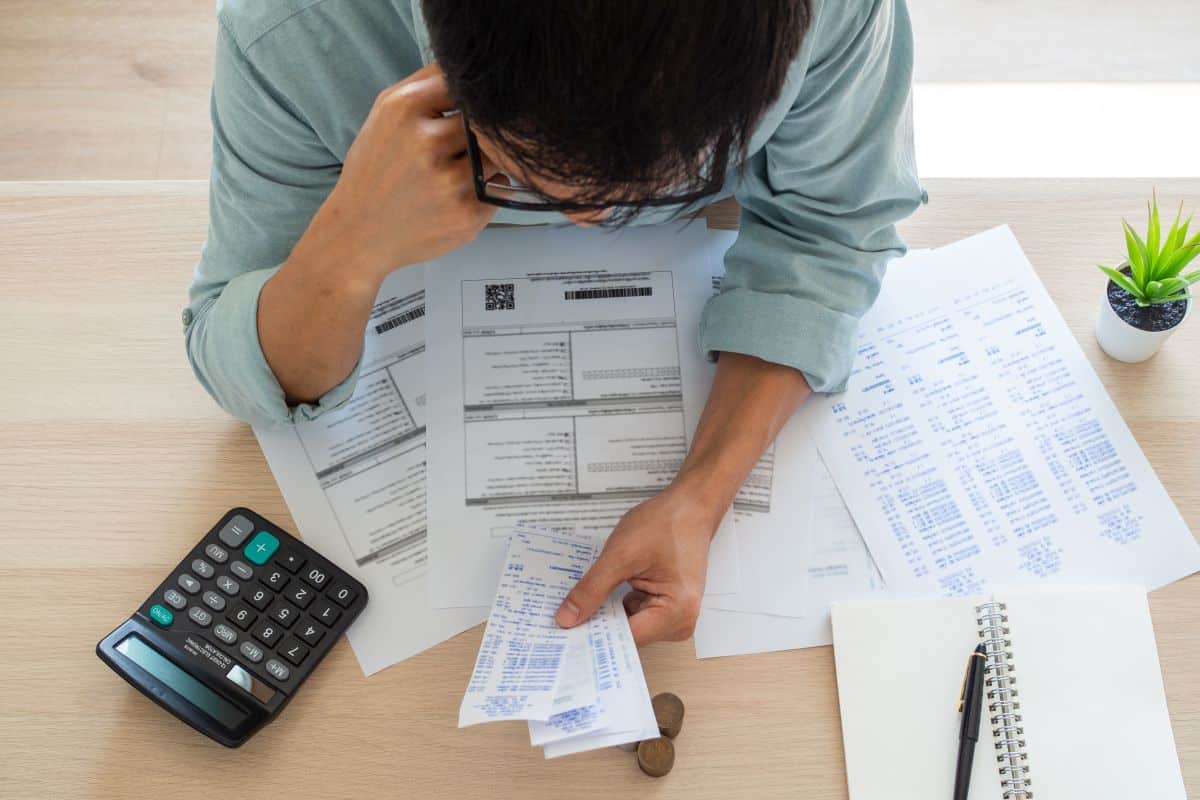
Because your personal assets aren't in danger and because corporations pay taxes at a single rate, corporations are by far the most prevalent structure for commercial enterprises. If your annual revenue is LESS THAN $2,000,000, your rate is 28.5%.
If your annual revenue is more than $2 million, the rate will be 30%. Having a business doesn't really allow you to transfer revenue to another firm, yet it can protect your assets from third parties.
Trust
Trading through a trust is my personal favourite entity to use for the types of enterprises that are best suited to it. A trust is exempt from paying its own taxes; it can only pass on its income to other individuals or legal entities (we'll go over the ten different possibilities with you in the following section). In addition, if the trust is established properly, it can safeguard the assets you own.
Methods that can significantly lower the amount of taxes you owe: Ten individuals and organisations can receive a portion of the profits from a trust that has been established.
Before we dive into these ten different distributions, I want to reiterate that if you aren't paying any taxes, it's usually because you aren't earning any cash either. So, the objective is NOT to avoid paying any taxes; rather, it is to pay only what is your fair share.
- You can provide some of your income to your spouse if they are a stay-at-home parent because their effective tax rate is likely to be quite low. Let's imagine this is the case.
- Your children are another good candidate for receiving financial support from you. If they are under the age of 18, you are allowed to provide up to $416 per child on an annual basis without having to pay taxes on it.
- Parents Who Have Retired: Because my dad just retired in December, he is now on my list of people to whom I will give money.
- The Spouse's Parents (or Should We Call Them the Outlaws?!!)
- Grandparents are required to be Australian citizens or permanent residents for tax purposes.
- If you have a brother or sister who is under the age of 18 and makes less money than you do (maybe because they are attending college), they are an excellent candidate to receive financial assistance from you.
- Church or Charity: Not only will you not be required to pay tax on a distribution you make to a registered church or charity, but they will also not be required to do so.
- The tax rate for super funds is 15%, and the maximum amount of money you can withdraw annually is between $30,000 and $35,000, depending on your age. So this is an excellent method for reducing the amount of personal taxes you owe.
- If you have two businesses, A and B, and A is turning a healthy profit while B is losing money, then A is the business that is doing better financially. For instance, you may transfer $50,000 from business A to business B without being required to make any tax payments on that amount.
- When you make a distribution to a business, keep in mind that firms are subject to a fixed tax rate of either 28.5% or 30% (depending on whether or not their annual revenue is more than or less than $2,000,000). Therefore, when opposed to paying tax in your own name at a rate of up to 49%, distributing to a company and paying tax at the rate that applies to companies can result in a significant tax savings.
And last but not least, approach number 11 is to make use of a self-managed super fund (SMSF) so that you do not pay tax on the increase of your investments.

This last tactic is a bit of a long-term approach that we utilise in our company, and it's ideal for the kind of company that works off of brick-and-mortar premises, such as a restaurant or an office.
Imagine you're a dentist interested in purchasing the building you now work in.
An SMSF can be used to buy a property, and then that building can be rented out to a corporation, with the rent being paid to the SMSF. Let's imagine the building comes in at a price of 500,000 dollars.
You may have $200,000 in retirement savings and borrow the remaining $400,000 from a bank.
You decide to retire from dentistry in thirty years and then sell the building for two and a half million dollars. You've made a $2,000,000 capital gain.
If you sell it through your retirement account while you are earning a pension, you won't have to pay any taxes on the gain. To put that in perspective, if you were to buy and sell the identical piece of property but did it as a sole proprietor, your tax liability would be $490,000. This is potentially a very efficient method for reducing one's tax burden.
What Tax Deductions Can Small Business Owners Write Off?
If you own an online store, investing some of your revenues in tax-deductible business costs can help your company expand while also reducing the amount of money you owe in taxes at the end of the year.
Even routine expenditures, such as driving to the post office in your car or paying the power bill for your home office, may end up saving you money as long as you keep accurate records of these costs and include them in your financial statements for your small company.
Business travel expenses
The good news is that if you have made a trip to participate in a business meeting or taken an international business excursion to speak with a producer or client, you should be able to claim those travel costs as a deduction on your tax return.
Likewise, if you have travelled internationally for business purposes, you should also be able to claim those expenditures.
Be aware, though, that in order to deduct any travel costs, those costs must be directly related to the production of taxable income for your company. On this page of the Australian Taxation Office's (ATO) website, you may find more information on the tax implications of business travel costs.
When they are away from their place of business on business, proprietors of small businesses can often claim the following:
- Expenses incurred in travelling, such as those for the aeroplane, the train, the bus, the cab (including Uber and other rideshare services), and the taxi.
- Expenses related to lodging and meals incurred during overnight business travel, and
- Some motor vehicle costs.
It is also essential to keep in mind that particular regulations govern the following aspects of every one of these categories of deductions:
1. Private travel
You should be required to pay fringe benefits tax (FBT) on that cost if the travel is partially for personal purposes and includes private operations.
For instance, if you stop off at an unassociated location on the way home or eventually expand your trip to make it a holiday, both of these examples would fall under the category of partially for private purposes and including personal matters.
The Fringe Benefits Tax (FBT) applies to perks like prolonged vacation, things for personal use, and gym memberships that are granted to employees.
2. Overnight business travel expenses
There are specific record-keeping standards that must be met for overnight business travel, including the following:
- Up to five nights—you'll have to keep documents as proof of travel costs, like tax invoices, tickets, and boarding passes; and
- Suppose you stay for six nights in a row or more. In that case, you are required to keep documentation as described above for all of your expenses and to keep a travel diary detailing the specifics of all business operations that you participate in. This should include information such as the nature of the events, as well as the dates, times, and locations at which they took place.
The website of the ATO contains more information that can be accessed there.
3. Motor vehicle expenses
You, as the owner of a small business, may be eligible to take a tax deduction for certain expenses associated with motor vehicles, such as cars and other vehicles, that are used in the operation of your company. However, your ability to deduct certain expenditures, as well as the manner in which you compute such deductions, is contingent upon a variety of circumstances, including the following:
- Do you own the vehicle outright, or do you lease it?
- How is the vehicle utilised; specifically, is it only used for professional purposes, or is it also used for personal reasons?
- The organisational framework of your company, as well as
- The kinds of vehicles that you make use of in the operation of your company.
After this is determined, you will normally be able to claim the following sorts of deductions on your business tax return to the extent that the vehicle is being utilised for business reasons:
- Maintenance and fixes on motor vehicles
- Gasoline and oil
- The interest on a loan for a company vehicle
- Lease costs for commercial vehicles
- Business vehicle insurance prices
- Vehicle registration for commercial use and
- Depreciation deductions on your taxes if you own the car outright.
If you use the vehicle for both commercial and private reasons, you are obligated to divide the expenses into those associated with the business and those associated with the private use of the vehicle; nevertheless, only the expenses related to your company usage will be tax deductible.
For the sake of filing your company tax return, you should maintain all of the receipts, tickets, and itineraries associated with any business travel you undertake.
General operating expenses
In most cases, owners of small businesses are eligible to take a tax deduction for expenditures directly related to their companies' operations.
These expenditures may include those associated with the following:
- Stationery
- Sponsorship, promotion, and marketing strategies
- Costs related to website maintenance and other aspects of operating a digital company
- Relations with the public and participation in social media
- Getting rid of waste and recycling
- Interest rates on loans to businesses
- Fees for registering a business name, together with
- Expenses of accounting for a small company.
If you have to spend cash on your small company to create income, there is a good chance that you will be able to claim a deduction for the cash that you spent.
Additional costs that you might be eligible to deduct include the following:
- Dealing with children requires background checks.
- Books, magazine and newspaper subscriptions, and other reading materials
- Expenses associated with dry cleaning, as well as mandatory uniforms and other types of protective apparel.
It would be best if you were capable of showing that you expended any general operational costs related to your small company in order to generate money for the company before you may deduct such expenses from your taxable income. A fantastic technique to demonstrate that funds incurred were for legitimate business purposes is to maintain an expense log and record the time, date, and rationale for each purchase.
Home-based businesses
Suppose you own and operate a small company (including an online business) out of your home. In that case, you might be capable of claiming tax deductions for certain expenses involved with the areas of your home (like a home office or study) you regularly utilise for business reasons.
This is especially true if you have a dedicated space in your home that you use exclusively for work. These costs are often divided into the following categories:
- Costs related to occupancies, such as principal and interest on a mortgage or rent, property taxes, and homeowner's insurance premiums, and
- Similarly to operational expenses, running expenditures include things like the cost of gas and electricity, as well as the cost of repairing furniture and other household items, as well as the price of the phone and internet service, and the price of cleaning.
But, what you are eligible to claim will be determined by your individual circumstances as well as the manner in which you run your business from home. On the website of the ATO, further information is provided to assist individuals who run home-based small companies in determining what they are eligible to claim as a tax deduction.
It is important to keep in mind that small business owners who operate their companies from their homes may be required to pay capital gains tax upon the sale of their homes. This is determined by the proportion of the gain associated with the portion of the home used for commercial purposes (such as a study).
Frequently Asked Questions
- Take Advantage of Salary Sacrificing. ...
- Keep Tabs on Your Taxes. ...
- Manage Your Debt. ...
- Claim All Deductions. ...
- Pre-Pay Deductions. ...
- Donate to Charity. ...
- Max Out Your Retirement Account. ...
- Use Medicare Levy Surcharge and Private Health Insurance to Maximise Your Refund.
There is a lifetime limit of $500,000 CGT exemption on the sale of an active business asset. For those who are under 55, the proceeds from the sale of the asset must be paid into a superannuation fund or retirement savings account
- Claim Deductible Expenses. ...
- Donate to Charity. ...
- Consider Salary Sacrifice. ...
- Hold Investments in a Discretionary Family Trust. ...
- Create a Mortgage Offset Account. ...
- Pay off your Home Loan.
Tax evasion vs tax avoidance
Whilst tax evasion is illegal, tax avoidance is not. Tax evasion is the illegal practice of not paying taxes by not paying the taxes owed; reporting taxes that are not allowed legally; and not reporting income. It can apply to employment taxes, sales taxes, and income taxes.


